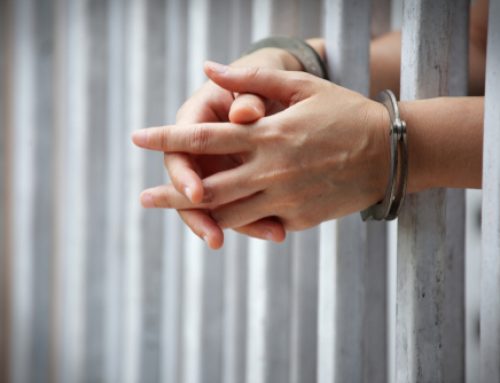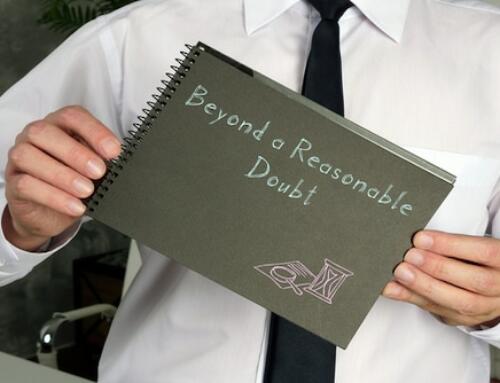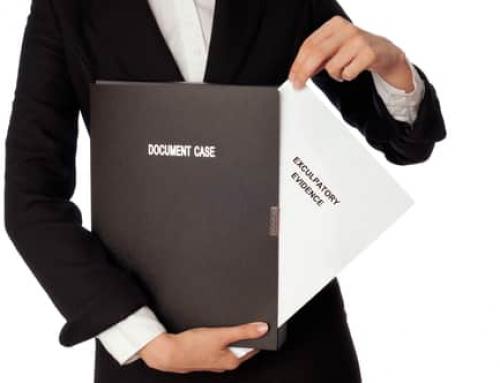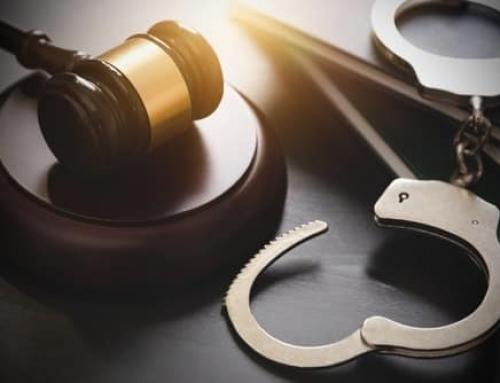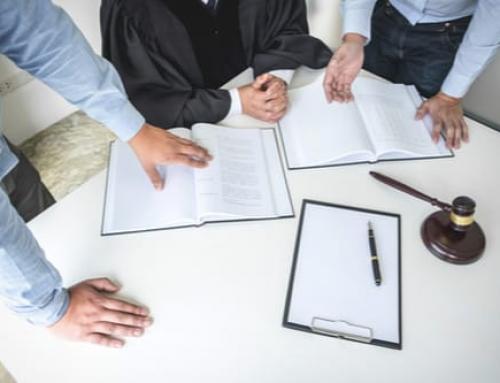Many people ring in the New Year with a drink and a toast to friends. For minors, however, the prospects of the new year can quickly turn sour when alcohol and law enforcement mix. The penalties for minors with alcohol charges in Pennsylvania depend on various factors, but the possible consequences of a conviction include loss of driving privileges and considerable fines.
Charges and Penalties for Minors in Pennsylvania
There are quite a few alcohol-related crimes that a minor can be charged with, but the most common are:
- Possession of Alcohol
- Consumption of Alcohol
- Purchasing or Attempting to Purchase Alcohol
- Possession/Use of a Fake ID
Conviction of any of these charges will result in, for a first offense, a fine up to $500 and a 90-day driving restriction. Secondary and subsequent offenses can lead to fines up to $1000 and a year driving ban. Revocation of driving privileges can increase to two years if the conviction is a third offense. Offenders not yet in possession of an operating license will not be allowed to apply for a learner’s permit for the same time periods stated above. Additionally, if the accused is under 16, the restriction period begins on that person’s 16th birthday, meaning the wait for a permit can be much longer than normal. To make matters worse, the police must notify a minor’s parents or guardian, which to some teens may be worse than the fines and penalties.
Defense for Minors with Alcohol Charges in Philadelphia
Despite the harsh penalties for minors in possession, there are some options for those charged with one of the above crimes. For first time offenders, the best option is usually an Adjudication Alternative Program. With this option, the miner doesn’t have to plead guilty but is required to perform community service or enter an Alcohol Education Program. The reason that this is usually the best option is that upon successful completion of the program, the court will dismiss the charges. Consequently, the charges will not go onto the defendant’s record and the fines will be waived as well.
If the charge is not the first offense, there still may be other avenues to pursue, such as pleading to a lesser sentence. Someone might take this option because accepting a lesser sentence may mean that driving privileges can be retained. Driving privileges may also be retained, albeit reduced, by obtaining a restricted license. This would allow the minor to drive to and from school or work but increases the penalties for driving anywhere else.
Because each case is different, it is important to contact a criminal attorney familiar with practices and procedures when it comes to underage drinking laws. Hiring an experienced attorney who has worked on similar cases and will know their client’s options is critical to obtaining the best outcome possible. If you or a loved one has been charged with an underage alcohol violation, call The Fishman Firm today for a free consultation. We will help you navigate the difficult court system and work to get you the best results possible for your case.


